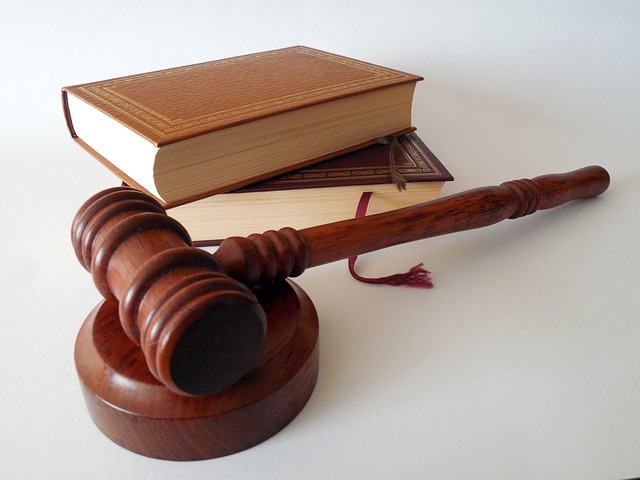Navigating legal proceedings with a criminal lawyer The Woodlands requires preparation and clear communication. Understanding court procedures, organizing documents, and asking questions during consultations are proactive steps. Lawyers analyze evidence, strategize, and manage cases, offering guidance throughout. Effective client-lawyer dialogue ensures clients understand their rights and the process, fostering trust and informed decisions.
“Navigating legal proceedings can be daunting, especially for those facing criminal charges. This comprehensive guide aims to empower clients with knowledge ahead of their court appearances. From understanding court procedures and preparing for initial meetings with a criminal lawyer in The Woodlands to building a robust case strategy, this article offers valuable insights. We’ll walk you through each stage, highlighting effective communication tips for both clients and their lawyers, ensuring you’re well-prepared to face the legal process.”
- Understanding Court Procedures: A Client's Guide
- Preparing for Your Meeting with a Criminal Lawyer in The Woodlands
- Building a Strong Case Strategy Before Court
- What to Expect During Legal Proceeding Stages
- Effective Communication: Tips for Clients and Their Lawyers
Understanding Court Procedures: A Client's Guide
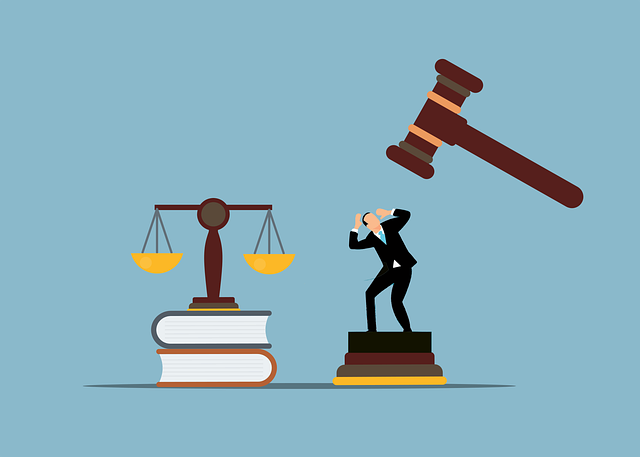
Navigating legal proceedings can be daunting, especially for those new to the court system. As a client, understanding the basic procedures is crucial when preparing for your meeting with a criminal lawyer in The Woodlands. This knowledge empowers you to actively participate and make informed decisions during the process.
When you retain a criminal lawyer, they will guide you through each step of the legal journey. However, familiarizing yourself with common court procedures can help reduce anxiety and ensure effective communication with your attorney. For instance, knowing the order of events in a trial, such as opening statements, evidence presentation, and closing arguments, allows for better engagement. Additionally, understanding the role of various participants like judges, jurors, prosecutors, and defense attorneys enhances your overall experience.
Preparing for Your Meeting with a Criminal Lawyer in The Woodlands
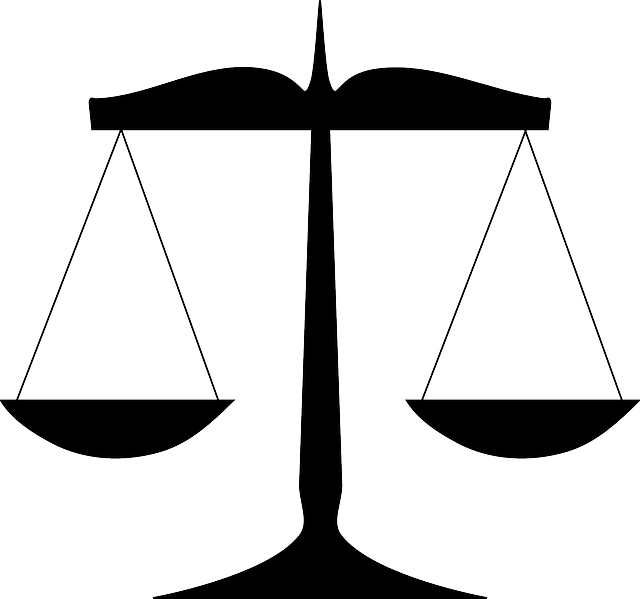
When preparing for your meeting with a criminal lawyer The Woodlands, it’s crucial to have all your documents in order. This includes any police reports, evidence, and notes related to your case. Organize them neatly, as this will not only help you convey essential information clearly but also demonstrate your preparedness. A well-prepared client is half the battle won for any criminal lawyer The Woodlands.
Before the meeting, consider jotting down specific questions or concerns you have. This could range from understanding legal procedures to clarifying potential outcomes. Being proactive in this manner ensures a productive discussion and allows the criminal lawyer The Woodlands to provide tailored advice.
Building a Strong Case Strategy Before Court
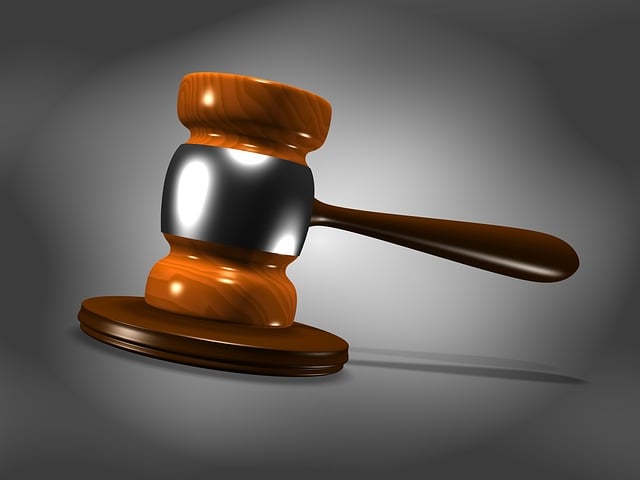
Preparing for court is a meticulous process, and a skilled criminal lawyer The Woodlands knows this well. Building a robust case strategy is the cornerstone of a successful legal defence. It begins with an in-depth analysis of all available evidence, witness testimonies, and relevant laws. The lawyer will identify strengths and weaknesses in the client’s position, crafting a narrative that aligns with the facts.
This strategic planning involves creating a structured argument, anticipating opposing counsel’s moves, and preparing compelling responses. It ensures the client is well-represented, increasing the chances of a positive outcome in court. Effective case management can turn complex legal matters into manageable strategies, giving clients peace of mind as they navigate the The Woodlands legal system.
What to Expect During Legal Proceeding Stages
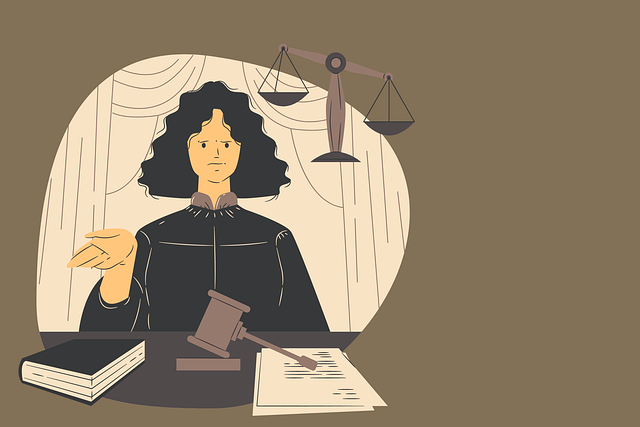
When preparing for legal proceedings with a criminal lawyer The Woodlands, it’s crucial to understand what to expect at each stage. Initially, the consultation phase involves discussing your case details and setting clear goals. Your lawyer will assess the strength of your case, advise on potential outcomes, and outline the strategic approach they’ll take. This is also when you can ask questions about the legal process and gain insights into your rights and responsibilities.
As the proceedings advance, pretrial activities kick in, including filing motions, attending hearings, and possibly engaging in plea negotiations with prosecutors. During this period, your criminal lawyer The Woodlands will actively build a robust defense strategy, gather evidence, and prepare witnesses. In some cases, they may also seek to suppress illegal evidence or challenge the admissibility of testimony to weaken the prosecution’s case. Understanding these stages is vital for managing expectations and ensuring you’re well-prepared for court appearances.
Effective Communication: Tips for Clients and Their Lawyers

Effective communication between clients and their legal representatives is paramount in navigating complex legal proceedings, especially for those seeking services from a criminal lawyer The Woodlands. Clients should feel at ease discussing their case openly with their attorney, providing all relevant details and asking questions to ensure they understand the legal process. A successful partnership relies on clear and consistent dialogue.
Lawyers play a crucial role in translating legal jargon into easily comprehensible terms for clients. They should actively listen to their clients’ concerns, clarify any doubts, and offer explanations tailored to each individual’s understanding level. This two-way communication fosters trust, enabling clients to make informed decisions throughout their legal journey.
In preparation for legal proceedings, especially with a criminal lawyer in The Woodlands, clients should familiarize themselves with court procedures, effectively communicate their strategies, and anticipate each stage of the process. By understanding these key aspects, individuals can navigate the complexities of the legal system more confidently, ensuring they have a strong foundation for building a robust case strategy. This guide offers valuable insights to help clients make informed decisions and achieve favorable outcomes in their court appearances.


